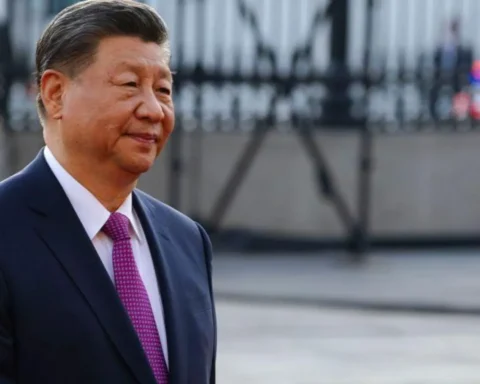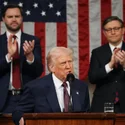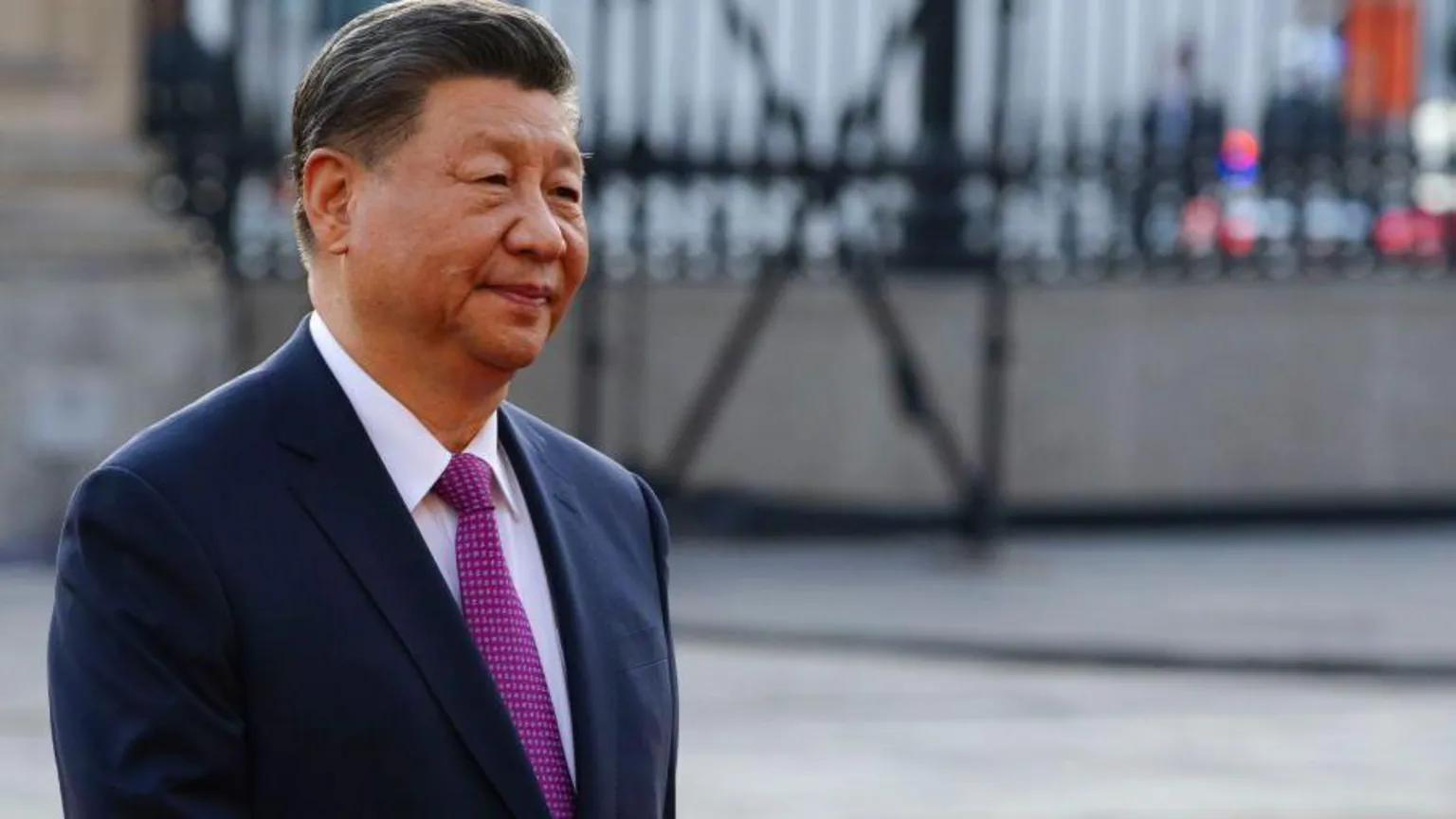As the U.S. grapples with tariff policies, small businesses—which make up 99.9% of U.S. enterprises—are set to face significant challenges due to increased costs and narrower margins. While larger corporations may have more leverage to absorb higher costs or shift their supply chains, small businesses operate with tighter budgets, making it more difficult to withstand the financial strain caused by tariffs.
The Impact of Tariffs on Small Businesses
Small businesses, despite their size, have a significant role in global trade. They account for 98% of U.S. exporters and contribute over $413 billion in export value. However, many of these small firms rely on imported materials for their manufacturing and resale needs. As tariffs increase on imports such as steel, aluminum, and textiles, small businesses face higher production costs, which are often passed on to consumers.
Example: A small manufacturer importing machinery parts might face a 10-25% cost increase due to new tariffs—costs that are hard to absorb without either raising prices or cutting production. Both options can harm the business, especially in competitive markets.
Challenges for Exporters
While tariffs on imports are a direct burden, small businesses that export goods also face challenges. Retaliatory tariffs from other countries can make American products less competitive abroad. The 2022 Congressional Research Service study showed that retaliatory tariffs during previous trade disputes impacted over $120 billion in U.S. exports, with agriculture and small-scale manufacturing hit hardest.
As small businesses account for over a quarter of U.S. export value, even marginal tariff increases can hurt their growth, hiring capacity, and ability to reinvest.
Uncertainty and Planning
The most daunting challenge for small businesses is the uncertainty surrounding shifting tariff policies. With trade policy unpredictability, small businesses find it difficult to plan long-term investments, such as in equipment or workforce development. Stability is crucial for entrepreneurs to plan for the future, and changing tariffs can lead to delayed or scaled-back investments.
What Needs to Be Done
As the U.S. faces global economic challenges, policymakers must consider small business interests in tariff discussions. Key steps include:
- Small Business Impact Assessments: Understanding how tariffs affect smaller businesses can lead to better-targeted policies.
- Export Training and Support: Expanding access to tools and resources for small businesses involved in exports can help them navigate global trade complexities.
- Engagement with Industry Associations: Collaborating with organizations that represent smaller firms can ensure their voices are heard in policy decisions.
Small businesses are job creators, innovators, and community builders. To ensure their success in a global market, inclusive policies are essential, acknowledging the downstream effects of every tariff and its impact beyond the negotiation table.
Post Views: 9















